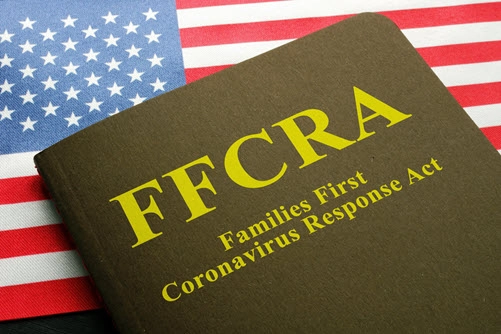Watch Out For FFCRA-Exempt Intake Staff, Case Managers, Attorneys Caution
If you’re still wrestling with which of your staff are exempt from extended FFCRA leave after the new Department of Labor rule on the topic, take a look at guidance from some industry experts for help. Reminder: On Sept. 11, the DOL Wage and Hour Division posted revisions to regulations that implemented the paid sick leave and expanded family and medical leave provisions of the Families First Coronavirus Response Act. The revisions in the WHD temporary rule address a number of points, the most important of which for home health and hospice agencies is revising the definition of “healthcare provider” that a New York federal court invalidated (see HCW by AAPC, Vol. XXIX, No. 35). So who counts as a “healthcare provider” and thus is exempt from the extended leave? That’s tough to answer. “While DOL’s revised definition offers some good guidance for knowing who may or may no longer qualify for exemption from FFCRA’s paid leave entitlements, there are a staff unique to the home care industry,” note attorneys Eileen Maguire and Tom Harper of Gilliland, Maguire, and Harper in Indianapolis. These employees are shoe-ins for the exemption, Maguire and Harper believe — nurses, nurse assistants (CNAs and HHAs), physical therapists, occupational therapists, and “caregivers who provide bathing, dressing, hand feeding, and/ or transportation services for patients or clients in their homes, which, if not provided, would adversely impact patient care.” These staffers clearly are not exempt, they say — office staff such as schedulers, office managers, HR personnel, IT personnel, accountants, and bookkeepers; upper management members such as CEOs; and “employees who work for consultant or third-party service entities that contract with health care provider employers to provide services or operational support.” Less clear are these types of HH and hospice employees, Maguire and Harper say — caregivers who do not provide the services specified in the rule (bathing, dressing, hand feeding, transportation), but rather only furnish tasks like light housekeeping, meal preparation, laundry, grocery shopping, or bed tucks; and intake staff members and case managers who screen non-medical home care clients without a direct care provider’s order, signature, or oversight. “In these instances, eligibility for the exemption may be subject to Court interpretation or further DOL guidance,” Maguire and Harper suggest in the firm’s electronic newsletter. Plus: “Keep in mind, the DOL may evaluate each employee’s eligibility on a case-by-case basis if the employee does not clearly meet the revised definition’s scope,” they add.

